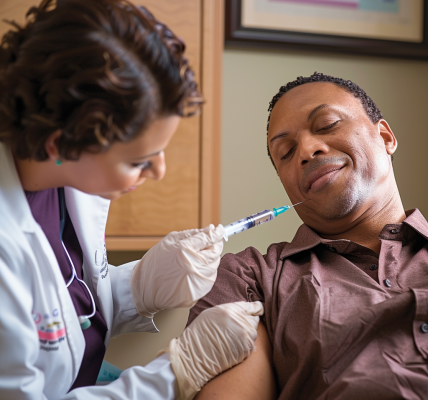Cancer campaigners are advocating for ‘on-the-spot’ cancer tests to be made available on the high street in a bid to catch tumors earlier and save lives. The call comes as charity bosses stress the urgency of rolling out tests more widely, citing it as the ‘UK’s best hope of saving lives.’
According to the campaigners, pharmacists and GPs should receive training to use new quick and easy technology as it is being introduced in hospitals. In a letter addressed to Rishi Sunak, charity leaders emphasized the need for a national screening program for oesophageal cancer to detect the disease at an earlier stage.
The letter, authored by Julie Harrington of Guts UK, highlighted the significance of making simple diagnostic tests available to primary care practitioners such as GPs and pharmacists. The aim is to provide better access to diagnostic services and equip practitioners with the necessary training and resources to carry out these tests.
Oesophageal cancer affects approximately 9,200 individuals in the UK annually, with 8,000 losing their lives to the disease. Symptoms include difficulty swallowing, nausea, heartburn, acid reflux, and indigestion. Unfortunately, many individuals remain unaware of the problem until they experience difficulty swallowing, by which time the disease may have progressed to a stage that is challenging to treat.
Traditionally, the cancer is tested for using an endoscopy, which involves a camera being inserted down the throat. However, an NHS trial has shown that the ‘sponge-on-a-string’ test could potentially replace this method for thousands of patients. The test involves swallowing a pill containing a sponge on a string, which expands in the stomach and is then retrieved to obtain a sample of cells.
The push for wider availability of cancer tests in communities underscores the critical need to enhance early detection and treatment, ultimately striving to save more lives from the clutches of upper gastro-intestinal cancers.





